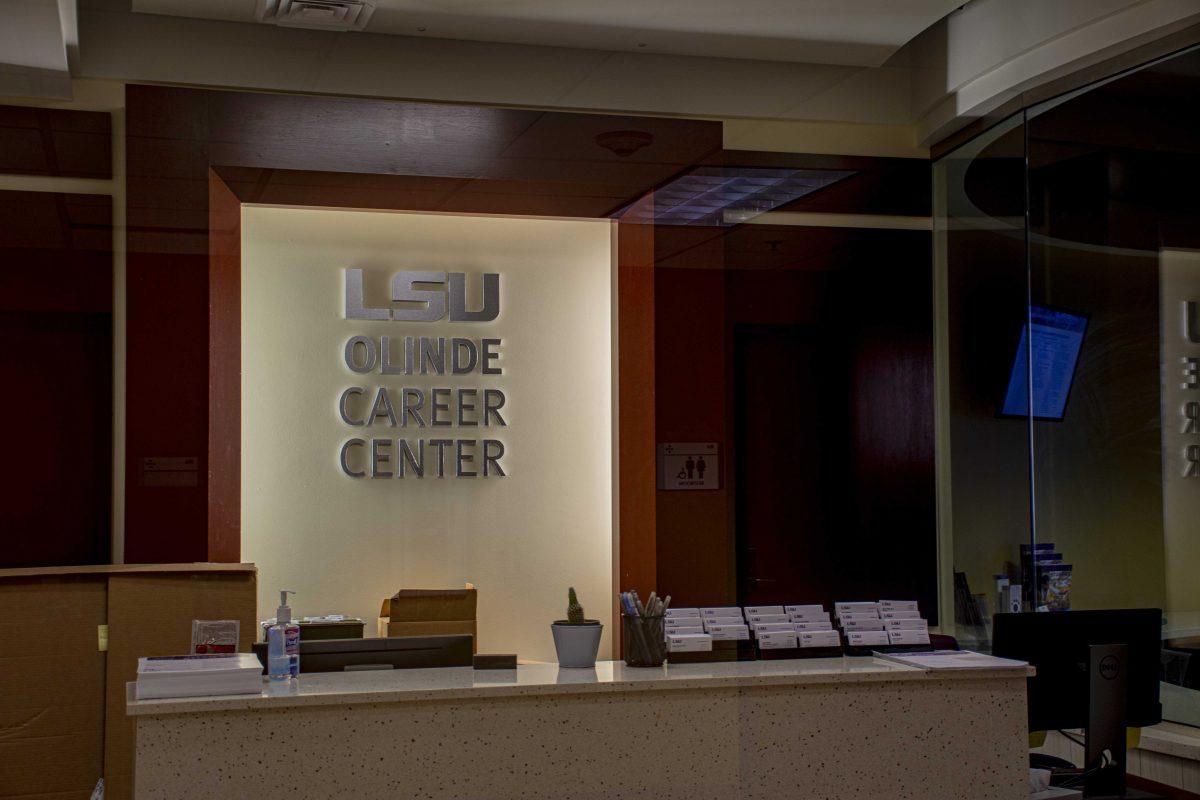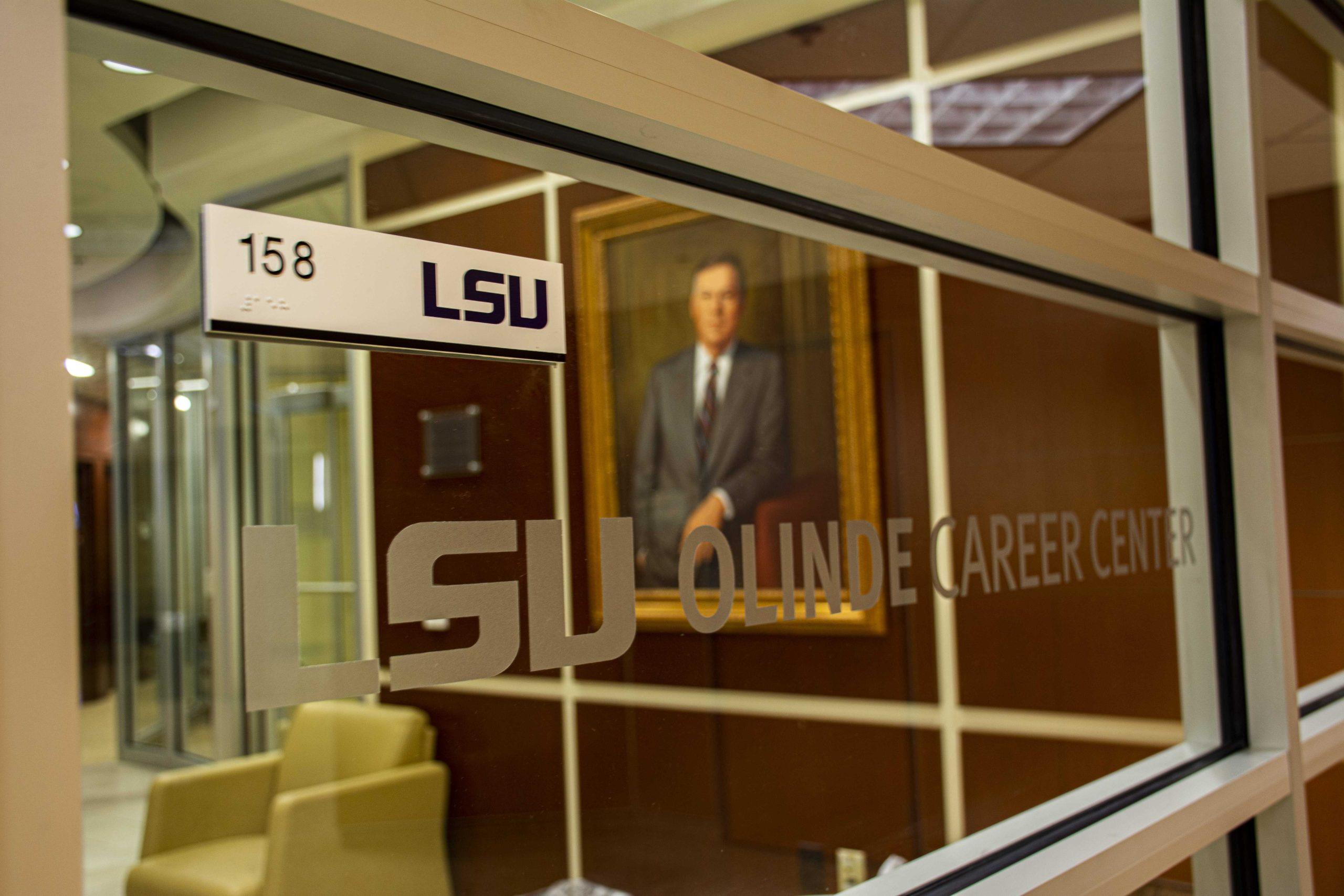Internships can provide the opportunity for students to take the skills they learn in the classroom to the real world, but amid a pandemic, internships look much different.
Remote internships offer both challenges and benefits to students who choose to acquire them.
Stephanie Gandy, an internship program manager with the Office of Business Student Success, stressed the importance of gaining experience.
“Internships are kind of a fact of life at this point,” Gandy said. “It’s something that for most majors and most students, it can only help. It’s not going to hurt.”
Through Handshake, LinkedIn and connections with professional associations and LSU alumni, the Career Center helps students find internships both in-person and virtual.
Blake Winchell, associate director of student services at the Olinde Career Center, works to ensure that LSU still provides all services previously offered in-person such as interview preparation, resume workshops and career expos.
“Companies are no longer just looking for students with a degree,” Winchell said. “They’re looking for students with a degree plus skill sets [or] experience that proves they have those skill sets.”
Winchell also highlighted one benefit of a remote internship.
“[Being virtual] gives students more reach,” Winchell said. “You can work for a New York company from Baton Rouge.”
While in-person internships offer closer connections and office communities for students to find out what they want in a career, remote internships offer flexibility and transferable skills like adaptability and project management.
In summer 2020, biological sciences senior Youngone Kim worked remotely with the U.S. Department of State after the internship, originally located in Belgrade, Serbia, moved online.
Although the internship previously entailed working in the embassy and meeting with minorities in the field, Kim worked from home on the Human Rights Report and other research projects on different foreign interests.
Kim met with a mentor weekly, worked a flexible schedule to make up for an eight hour time difference and stressed the importance of open communication.
“It’s really hard to feel like you’re being a team player when [an internship] is virtual,” Kim said. “Constantly making everyone feel like the whole team is progressing is vital.”
Kim took advantage of the free time her remote position offered her and held a part-time job
“Adding another responsibility was very stressful, but it helped me stay out of [a] slump,” Kim said. “I was glad that my work was more independent because I was able to do more on my own time.”
Though remote internships offer students flexibility, they vary in structure with some maintaining strict schedules and daily meetings and others giving students projects with weekly deadlines.
Gandy said it is important to ask questions about supervision and hours in interviews. She also recognized the stress some students may face in maintaining a schedule.
“If you are the type that needs a lot of structure and a lot [of] guidance, virtual internships may be more challenging for you,” Gandy said.
Industrial engineering senior Jennafer Zimmerman maintained a routine when she worked as a paid virtual intern at Northrop Grumman.
She benefited from maintaining detailed to-do lists, taking regular breaks and openly communicating with all three of her mentors.
“I felt very well supported and while I didn’t physically meet anyone, I still feel like we got to know each other very well,” Zimmerman said.
Cindy Seghers, Director of Career Development with the Ogden Honors College, encouraged students to be proactive, set personal goals and most importantly, offer fresh ideas and new perspectives.
“Students have to take a more active role,” Seghers said. “Remote does not mean passivity. It’s a new challenge for students. It’s a new challenge for companies… Whether it’s a remote internship, or a face-to-face internship, both are very valuable.”






